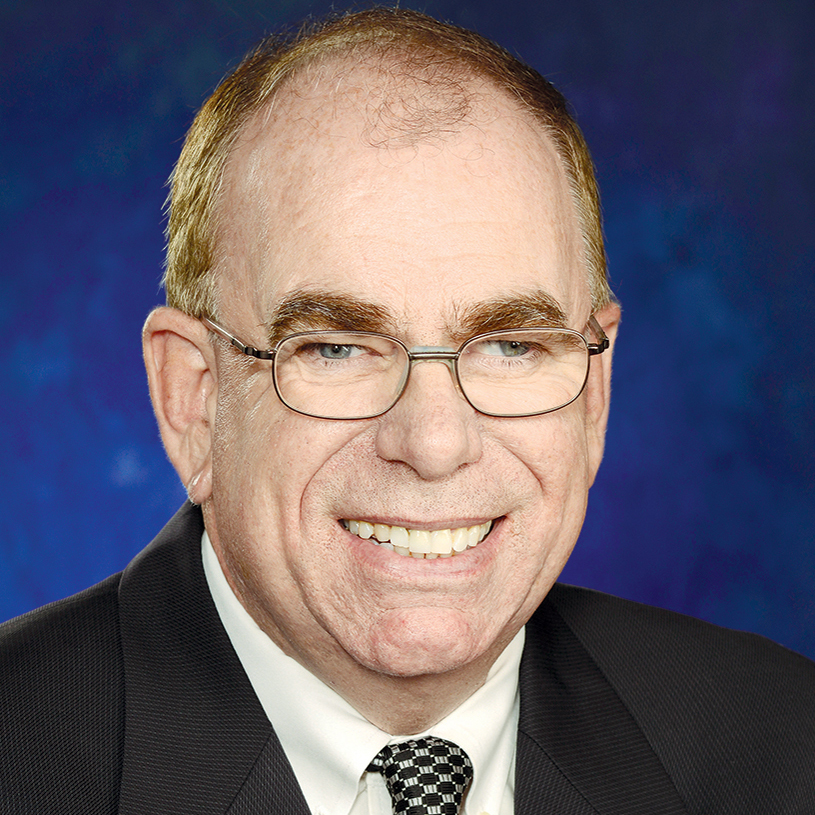
It’s a common theme: the seemingly noble idea that gets compromised and degraded over time.
Let’s not forget that the genesis of our nation’s current welfare state was a push to end poverty and establish a “Great Society.” Or that the United States launched a war in Iraq to help spread democracy. And as we are now seeing, some of the original tenets of senior living appear to be very much at risk.
The concept as it generally exists took root in the late 1970s or 1980s, depending on how the scoring is kept. The idea was simple: provide a counterpoint to institutional eldercare that emphasized dignity, choice and greater independence. It also was envisioned as a private-pay option, for two key reasons. The first was to minimize – and as much as possible, avoid – the kind of heavy-handed regulatory oversight that skilled care operators had to deal with. The second reason, frankly, is that the private-pay route is more lucrative.
Or at least it was.
But as ever-increasing numbers of assisted living buildings began dotting the landscape, the option became less of a novelty and more of a commodity. More buildings also meant more intramural competition and, in many locales, reduced profits.
Which helped usher in the Big Compromise. Operators in some states began pushing for – gasp – Medicaid funding. The philosophical shift was seen as a way to supplement lagging private-pay support. Of course, it wasn’t long before struggling operators in every state were pushing for and receiving Medicaid funding. A temporary blip? Hardly. If anything, the push for support from Uncle Sam is intensifying.
As my colleague Lois Bowers reported, the Department of Health and Human Services plans to make more federal money available for private-pay assisted living services. Operators can apply under the Provider Relief Fund phase 2 general distribution allocation.
To be clear, this new revenue stream is not necessarily evil. In fact, it may prove to be the difference between survival and extinction for many communities. And I don’t think anybody wants to see a bunch of operators go out of business.
Still, there is no denying that a fundamental shift is underway. A sector that once shunned federal assistance and the regulatory strings attached now is eagerly reaching out for whatever is available.
As dire as things are, the timing could hardly be better. Just don’t kid yourself that the money is free. As any skilled care operator will remind you, Uncle Sam tends to be a very demanding business partner.

